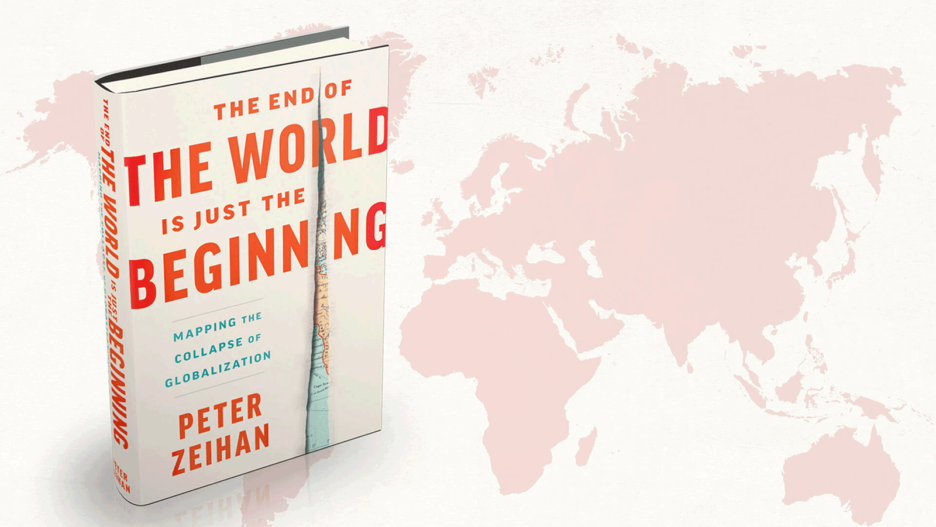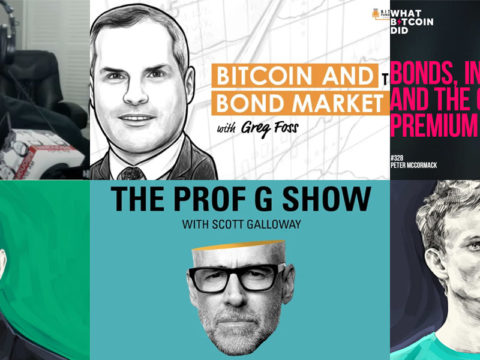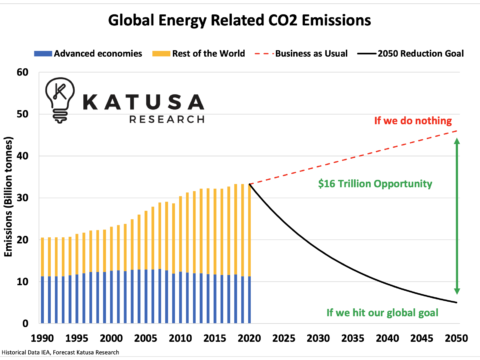These days The Fed’s actions/thoughts/inactions seem to control the entire market. Rarely does a company’s stock move for very long in either direction based on its own merits.
Then there are the concepts of The Fourth Turning and Ray Dalio’s Big Debt Crises and How the Economic Machine Works that suggest we are in a societal transformation that occurs every 4 generation or 80 years or so.
Peter Zeihan takes it s major step further positing that the whole order of things that started almost a thousand years ago during the Renaissance are in for a transformation to a new “management system”. Apparently “2019 was the last great year for the world economy.” And deglobalization is more than just moving some of our manufacturing back onshore with robotics and additive manufacturing (3D printing).
Here are a couple paragraphs from the End of the World is Just the Beginning: Mapping the Collapse of Globalization to give you an idea of the scope he is discussing thanks to his demographic and geopolitical erudition:
Globe-spanning supply chains made the Digital Revolution not simply possible, but inevitable. Good times. We all came to think of it as normal. It is not. The post-Cold War era is possible only because of a lingering American commitment to a security paradigm that suspends geopolitical competition and subsidizes the global Order. With the Cold War security environment changed, it is a policy that no longer matches needs. What we all think of as normal is actually the most distorted moment in human history. That makes it incredibly fragile. And it is over.
But what all these -isms [Capitalism, Socialism, Communism, Fascism] we have developed in recent centuries and fine-tuned in recent decades have in common is something our world is about to lack: more.
First, everything is going to change. Whatever new economic system or systems the world develops will be something we’re unlikely to recognize as being viable today. We will probably need far higher volumes of capital (retirees absorb it like sponges), but we’ll have far less of it (fewer workers means fewer taxpayers). That suggests economic growth and technological progress (both of which require capital as an input) will stall out. And that’s just one facet. Everything that capitalism and fascism and the rest were designed to balance or manage – supply, demand, production, capital, labor, debt, scarcity, logistics –isn’t so much contorting as evolving into forms we have literally never experienced as a species. We are entering a period of extreme transformation, with our strategic, political, economic, technological, demographic, and cultural norms all in flux at the same time. Of course we will shift to a different management system.
Second, the process will be the very definition of traumatic. The concept of more has been our guiding light as a species for centuries. From a certain point of view, the past seventy years of globalization have simply been “more” on steroids, a sharp uptake on our long-cherished economic understandings. Between the demographic inversion and the end of globalization, we are not simply ending our long experience with more, or even beginning a terrifying new world of less; we face economic free fall as everything that has underpinned humanity’s economic existence since the Renaissance unwinds all at once.
Between the collapse of the global Order and the inversion of global demographics, the old rules clearly don’t work, and it will take us decades to figure out what might. Different countries will feel the old system breaking down at different speeds in different ways, and they will react to such stimuli using approaches shaped by their own strengths and weaknesses and cultures and geographic positions. Now will developing a new -ism be done under controlled circumstances over a leisurely period. It will happen in the here and now of demographic and geopolitical collapse.
You can also find lots of Zeihan interviews on YouTube and his commentary on Twitter.





